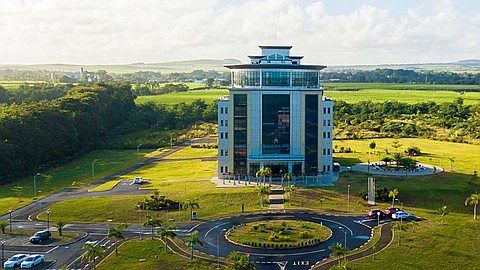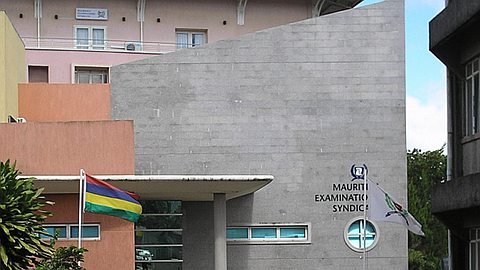Obstacle Course for Graduates

This is a problem: young first choose their course of study before thinking about their careers. According Rajcoomar Auckloo, director of the Human Resource Development Council (HRDC), before embarking on a course of study, students aspirants have enough information to make an informed choice.
" Today, young people are exposed to information from everywhere. First, through the media, young people learn about the realities of the working world. In most cases, parents play the most important role in the choice of studies and careers of their children , "he observes. For advice, students can also look to the Ministry of Education that offers career counseling.
Besides the career days and job discovery organized by schools, universities and some private institutions whose aim is to expose youth employment prospects, Thierry Goder, Alentaris director, believes that 'there should be a foundation for employability in Mauritius as is the case for education.
" The government has set up the 'Youth Employment Program. This is a very good initiative for young people to gain experience and work in a company. We can do even more by making an inventory of the situation. If we take the example of the computer industry, we can not have the same curriculum that fifteen years ago because the industry is constantly changing. There was some time that a large Indian multinational has a recruiting university. There were only 50% of students who had been called for interviews. And very few had a job or an internship , "says Thierry Goder.
Young misguided
The director of Alentaris identifies the wound youth are misguided, he says. And insist that before engaging in tertiary education, it is essential to know if they will allow the learner to have career opportunities. " Today, it is to make a business out of passion, but before starting university, the student must ask whether this choice to study, it will be employable later. We need academic skills, intrinsic qualities and what the market can offer give an equation for the person to be employable when they finish their studies , "suggests Thierry Goder.
At the end of their studies, while some kids manage to find a job that fits their qualifications, however, for others, is to use an obstacle course. " First, job seekers must be prepared to adapt their claims and to broaden their job search. They will gain work experience and then more easily find a job in their field , "said Rajcoomar Auckloo.
The HRDC will soon launch the program Let's Talk Career that will target college students. It will be a platform where young people can meet with representatives from diverse industries who will share their experiences with them and their careers. The aim is to bridge the gap between the perception of young people about careers and the realities of the working world.
In August 2007, the HRDC launched an internship program for high school students. Since these courses are held each year during the school holidays. To date, over 4800 students were placed in more than 250 companies.
An attractive French model
France has implemented the Congé Individuel de Formation (CIF). A concept that, according to Thierry Goder, director of Alentaris, may be imported in Mauritius. The CIF is a holiday for anyone who works to follow in his professional life, of training to qualify, change or retrain.
Two years of waiting for a university
According to the Graduate Tracer Study 2011 the Tertiary Education Commission (TEC), it takes at least two years for most graduates (98%) to find a stable job and that regardless of their choice of study. The study revealed that 97.1% of graduates from the University of Mauritius engineers find employment in the year following graduation as opposed to 91.1% of their counterparts in the Faculty of Law and Management , 86.7% of the Faculty of Social Sciences and Humanities, 84% of the Faculty of Agriculture and 80.6% of the Faculty of Sciences. And this trend is the same at the University of Technology.
From 2006 to 2010, 74% of graduates were employed in the private sector and 24.7% in the public sector, compared to 59.2% and 39.6% respectively for the period 2001 to 2005.





